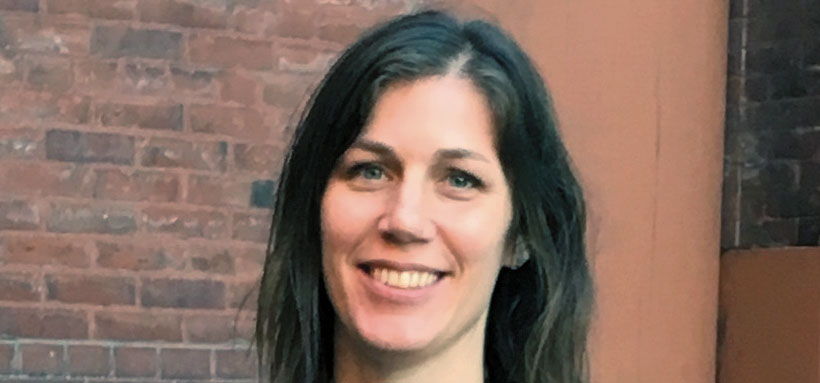
No More Time to Procrastinate
My 7-year-old and her friend were playing fairies. Her friend said, “If I could have any wish, I would wish that magic were real.” Annabel responded, “Really? Not to stop global warming?”
I couldn’t help but smile. Annabel articulated exactly the wish that I would have chosen. It also struck me as a bit of a metaphor for where we are as a nation, as a world, on global warming. Wishing, hoping, thinking magic would come and fix it.
Before 2018, climate change wasn’t something I thought about every day. I was aware of it, but not really aware of it, not the seriousness of it, or the urgency of it. Then I saw the newest United Nations report that said we have 12 years (now 11) to drastically reduce greenhouse gas emissions or we’re in serious trouble. I started reading more. I wanted it not to be true. To find another article, or talk to someone who could tell me that it was going to be okay, we’ve figured it out, don’t worry, go back to your normal life, we’ve got this. We’ve discovered the magic.
But no one could tell me that.
Forty years ago, people talked about how climate change would affect future generations.
Today we’re still talking about how it will affect future generations. But we are those future generations. We already feel the effects of global warming now, and given the level of greenhouse gas emissions that we continue to emit, the impact will only worsen.
I have to admit my first response was protective — to buy a big plot of land, build a greenhouse and get chickens, load up on canned foods and water purifiers, teach my kids gardening, sewing, and self defense. But that didn’t sound like the way I wanted to live the rest of my life, nor a guarantee of anything.
I started talking to people in my life, hesitantly at first, not sure how they would react. Many of them were a little bit aware and a little bit scared and not sure what to do either. The unique thing about climate change is that every single one of us will be significantly affected by it, yet few people have taken the time to truly understand the scope of what we face. It is easy to be complacent when we look outside our own windows and see life going on as usual. It is easy to put our heads down and ignore the canaries in this big coal mine chirping very loudly around the world.
There is so much work to be done and such little time. We, Grinnell grads, have been given an amazing education. We’ve cultivated our minds to think critically and creatively. So what do we do with those skills and talents? Do we have an obligation to use them now, with all of us facing what has been called an existential crisis?
Each of us changing lightbulbs to LEDs on our own, though important, will not be enough. But we are all a part of many communities: families, churches, cities, school districts, states, companies, nations. What I have really taken to heart over the past year is that we can’t wish global warming away; but when we stop being complacent and overwhelmed by the problem, when we engage our communities and find our voices, we can make our own magic. We can have influence.
Greg Schrieber ’02, an amazing community organizer and friend, once said: “You can’t procrastinate if you’re going to change the world.” Never have Greg’s words had more meaning than they do now.
